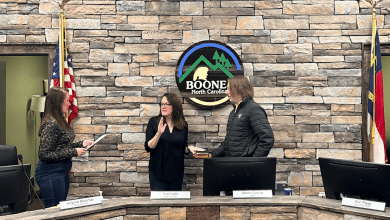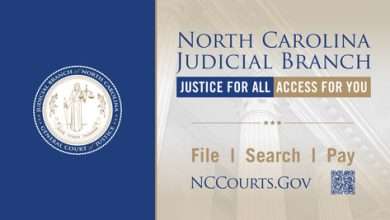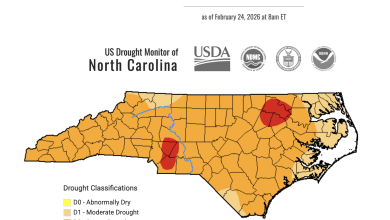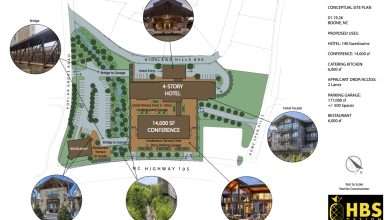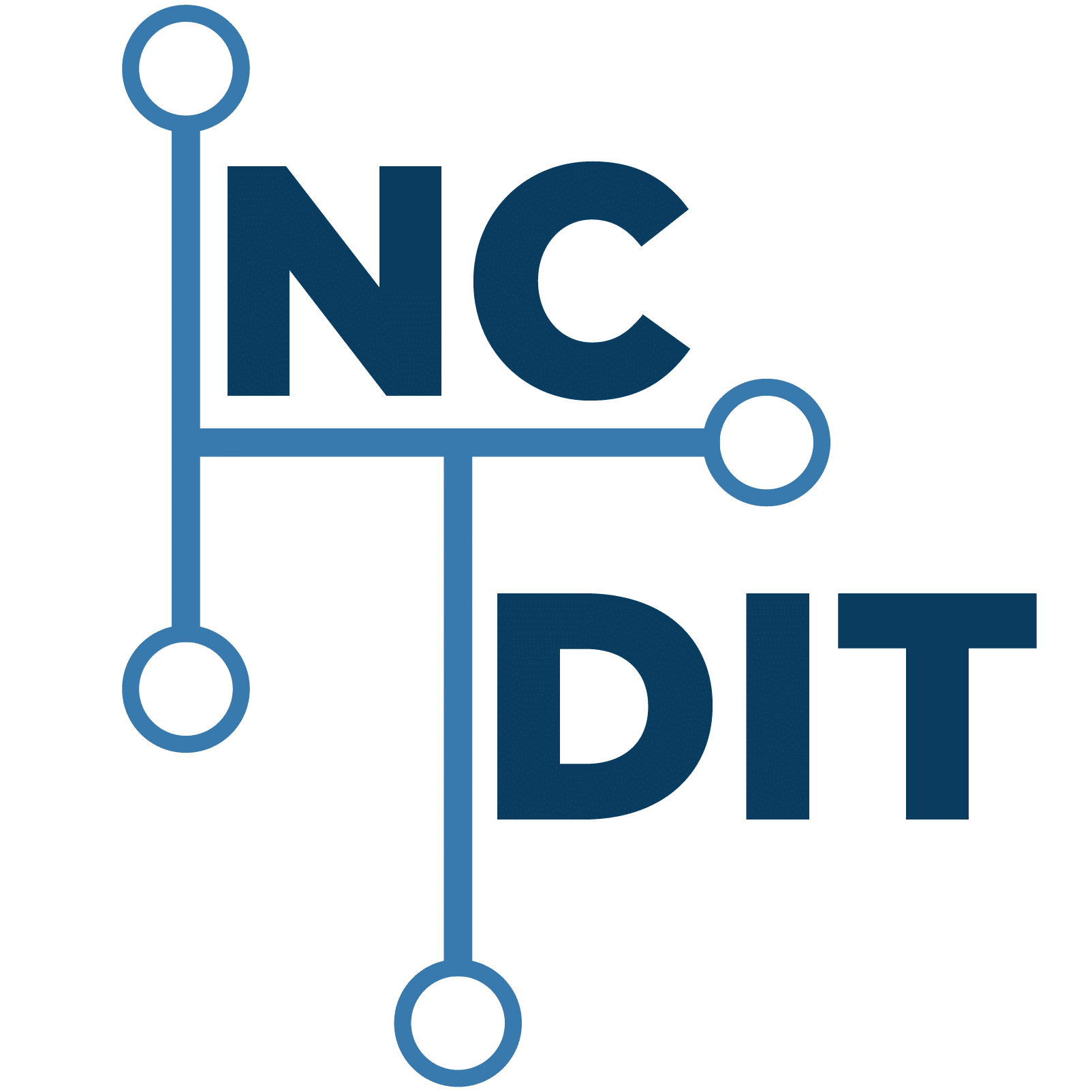
Last Updated on March 27, 2025 6:20 pm
North Carolina’s Next Generation 911 system was put to an unprecedented test with the arrival of Hurricane Helene. This storm was like no other our state had experienced before, but North Carolina’s modernized 911 network kept working during even the worst moments of Helene’s wrath.
Next Generation 911 technology connects all 124 public safety answering points, or PSAPs for short, that are funded by the N.C. 911 Board, which is part of the N.C. Department of Information Technology (NCDIT). Next Generation 911 utilizes AT&T’s ESInet™, a digital emergency services internet protocol-based network that allows 911 calls to be rerouted from their local PSAP to other PSAPs across the state, along with other enhanced capabilities.
This rerouting capability ensured 911 calls to PSAPs affected by the storm in western North Carolina could be answered by PSAPs in non-impacted areas, providing resiliency during a time of uncertainty for residents in the wake of Hurricane Helene.
“The statewide ESInet was a literal lifesaver during and after Hurricane Helene,” said L.V. Pokey Harris, executive director of the N.C. 911 Board. “Had the old technology and analog network still been in place, the infrastructure would have been destroyed and we would not have had the capability to route calls to other PSAPs and connect people to critical emergency services. Thanks to the resiliency and redundancy of this network, we had no reports of 911 calls not being delivered.”
In the wake of Hurricane Helene, 19 PSAPs in western North Carolina impacted by the storm rerouted 911 calls to 23 partner PSAPs across the state. From Sept. 26 through Sept. 28, 911 telecommunicators across the state answered a total of nearly 90,000 calls, a 55% increase in call volume over the same timeframe last year.
In addition, the state’s Network Monitoring and Assistance Center (NMAC) in Raleigh was vital throughout the storm. The first and only of its kind in the nation, the NMAC continuously monitors the service and performance of the statewide ESInet while coordinating efforts to ensure 911 calls are immediately and automatically rerouted based on predetermined route plans established by the PSAPs.
“Events like Hurricane Helene demonstrate how 911 telecommunicators truly are the first, first responders,” said Jim Weaver, NCDIT Secretary and State Chief Information Officer, who chairs the N.C. 911 Board. “They were the calm and reassuring voice on the other end of the phone during dire circumstances. I want to express my gratitude to them, the PSAP managers and the N.C. 911 Board staff. They have worked around-the-clock, many of them while facing their own challenges in the wake of the storm, to answer calls, ensure the network is operating smoothly and ultimately save lives.”
“We hope we never experience a storm like Helene ever again,” said Harris. “But if we do, we have confidence in knowing that the N.C. 911 Board’s investment in ESInet produced substantial benefits for North Carolina.”
Harris added, “I also want to thank our vendor partners AT&T, Intrado and Motorola who worked alongside us around-the-clock to ensure 911 call traffic was routed correctly, and the system and equipment worked exactly as designed.”
Interested in helping others in times of critical need? Consider a rewarding career as a telecommunicator. Visit the N.C. 911 Board careers page to learn more about the benefits of working for 911 and view opportunities available in your community.
About Next Generation 911
Utilizing AT&T ESInet™, North Carolina’s Next Generation 911 network allows for the secure routing of digital information—including landline calls, cell phone calls and text messages—to the appropriate public safety answering point (PSAP) based on geographic location. It also provides high-speed data network connections that allow every PSAP to serve as a backup for others on the system in the event of a natural disaster or an overload of emergency calls.
North Carolina began the transition to NG911 in November 2018, when Durham 911 became the first PSAP in the nation to join AT&T ESInet, utilizing a hosted call solution and text messaging. North Carolina was the first state in the country to implement a Network Monitoring and Assistance Center (NMAC) in 2019 to continuously monitor the service and performance of the network statewide.
About the N.C. 911 Board
A unit of the N.C. Department of Information Technology, the N.C. 911 Board contracts for the Next Generation 911 network and administers funding to public safety answering points (PSAPs) to create an enhanced statewide 911 system. PSAPs are operated by and under the jurisdiction of counties and other local government entities.
A single, statewide service charge per connection for any type of voice communication service provider goes to the 911 Fund, which the N.C. 911 Board manages and distributes funds from to support 124 PSAPs in the state. NCDIT Secretary and State Chief Information Officer Jim Weaver serves as the N.C. 911 Board's chair.










